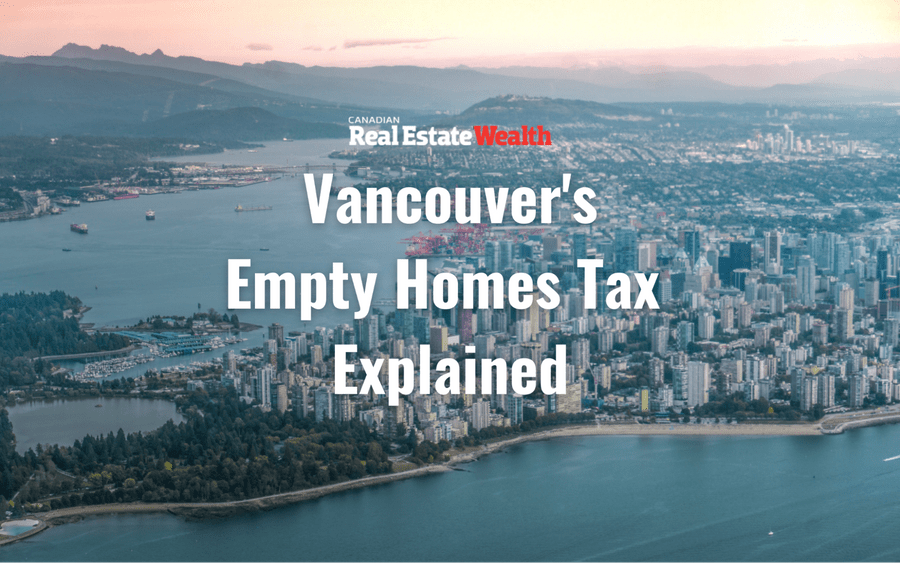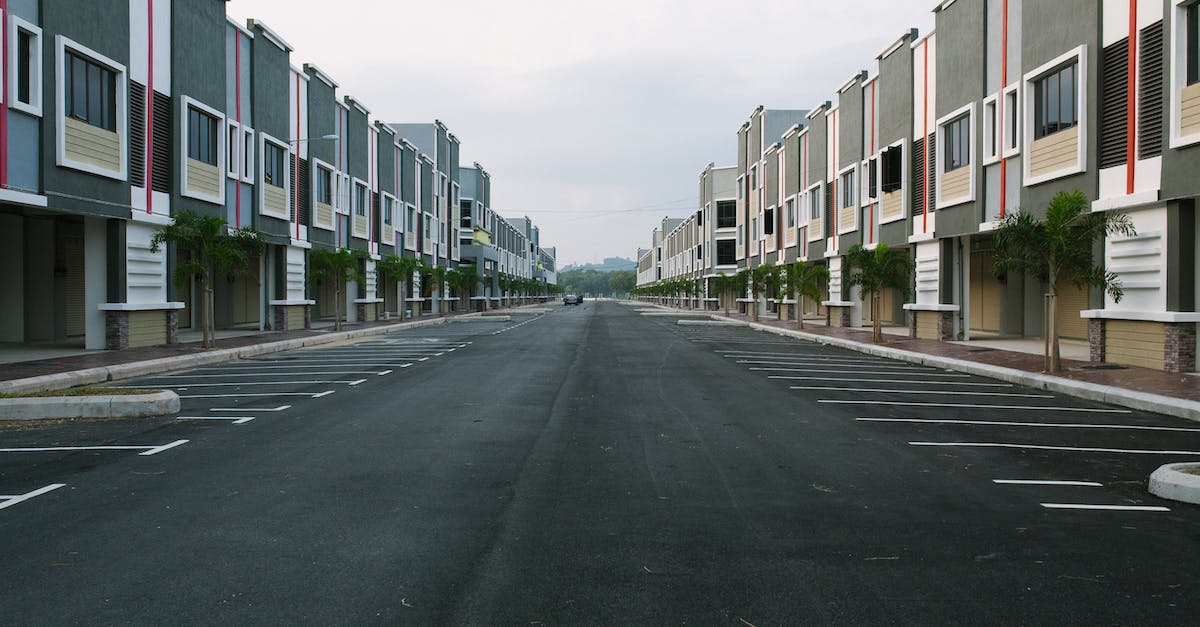In order to combat difficulties in the rental market in 2017, the city of Vancouver implemented the empty homes tax also known as the vacancy tax. Vancouver’s vacancy tax was the first of its kind in a major Canadian city and has been the model for other cities to follow in of their own.
However, the empty homes tax is fairly new and faced some growing pains along the way. To this day, many Vancouverites are still unsure of how the tax works, how to deal with an audit, and what counts as a vacant home. In this article, we will answer many of the questions you have about the Vancouver empty homes tax.
What is the empty homes tax?
The empty homes tax is a yearly tax applied to any homes or properties in the Vancouver area that are left unoccupied for more than six months in a given tax year. That’s the simple answer, but the actual terms of who the tax applies to are more complicated and we will explain in more detail further on.
Why was the empty homes tax put in place?
The empty homes tax was proposed in 2016 but was implemented in 2017. The purpose of the empty homes tax is to help increase the availability of rental properties and housing supply in Vancouver. The proposal is that, by making it far more expensive to keep a property vacant, the owner will be more inclined to put it on the market, thus increasing availability for Vancouverites.
The city of Vancouver has one of the lowest rental vacancy rates and highest rent prices in the country. The empty homes tax is one of a few measures put in place to help the Vancouver real estate market, another being the foreign speculation tax which applies a similar tax to foreign-owned properties.
How much does the empty homes tax cost?
When the empty homes tax was first implemented it cost the property owners 1% of the property’s assessed taxable value if the property was determined to be vacant. For the year 2020, the rate was raised to 1.25% and for the year 2021, the rate will increase further to 3% of the property’s assessed taxable value.
The increase in price is meant to put increased pressure on property holders to put their properties on the rental market or to sell to someone who will.
For context, the average home price in Vancouver is over $1.3 million. On a home of that value, you would have to pay $39,000 a year to keep your house vacant. For additional comparison, the Vancouver property tax rate is less than half a percent of your home’s value. By renting your property out, you would easily make back the property tax and a sizable profit to go with it. The empty homes tax can add up to be one of the most significant costs on your property if you choose to keep it vacant.
Who is subject to the empty homes tax?
The tax only applies to “class 1 residential” properties in the city of Vancouver. The tax is calculated yearly and each year a residential property holder is required to submit a property status declaration for the previous year.
Most residential property owners in Vancouver will not be subject to the empty homes tax. Only those properties that are zoned as “class 1 residential” and remain unoccupied while not eligible for an exemption will be required to pay the tax.
Further, the empty homes tax only applies to properties that are not the owner’s principal residence. If the owner lives on the property as their principal residence, there is no limit to the amount of time they may be absent from the property.
Of the almost 200,000 residential properties in Vancouver, the vast majority were the principal residences of the owner. After principal residence, the most common status of residential properties was tenanted rentals. Vacant properties make up the smallest portion of homes in Vancouver.
A property owner can only legally have one principal residence and therefore investors owning multiple properties are most likely to be subject to the empty homes tax.
Finally, the tax only applies to the city of Vancouver and properties that fall within it. Any properties in surrounding areas such as in Burnaby or Surrey are not subject to the tax.
What is the income from the empty homes tax used for?
The empty homes tax has a second means of completing its goal of making housing more available through the use of its revenues. All tax revenue generated from properties paying the empty homes tax will go towards affordable housing initiatives in Vancouver. The city outlines over 120 actions in its designed to address housing issues. According to the 2020 yearly report, the city collected almost 28 million dollars in 2019.
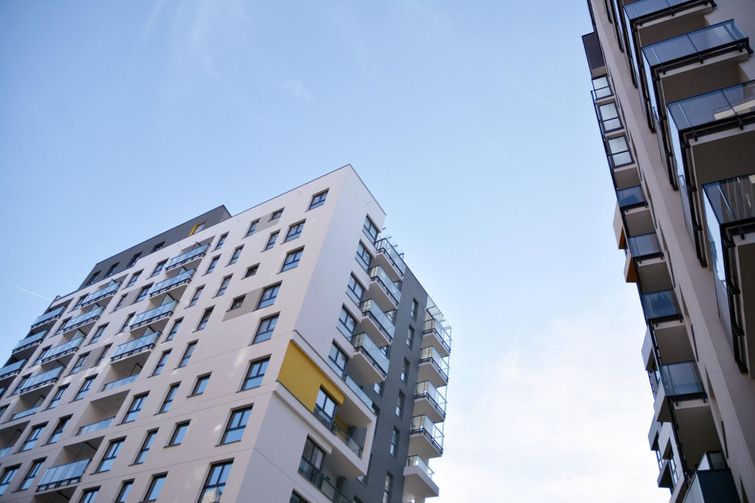
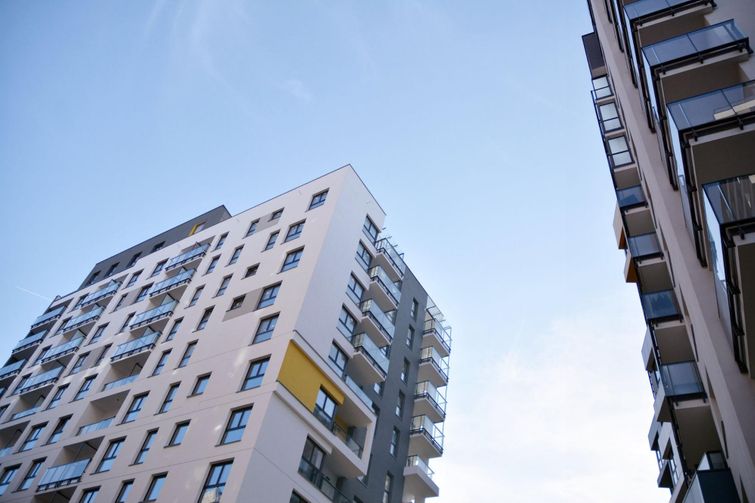
Making a property status declaration
Your property status declaration is the official way of notifying the government of your property’s status. Your declaration is usually due in the first quarter of each year. You can submit your property status declaration online through the city’s website.
They will send you an access code along with your property tax bill, and after assessing your property status declaration they will inform you if you are subject to the vacancy tax or not. If the property has more than one owner, only one owner is required to make a declaration for the property.
There are also numerous exemptions that may apply to make you ineligible for the vacancy tax. We will cover exemptions in more detail in the next section. Failure to make a property status declaration on time will result in a $250 penalty and your home being deemed vacant, thus requiring you to pay the vacancy tax.
Exemptions from the vacancy tax
There are multiple cases in which a property that is neither a principal residence or occupied for more than six months of the year can be exempted from the vacancy tax. Some of these exemptions include:
Court Order
A property that is empty for more than 180 days of the tax year due to a court order, court proceedings, or other orders of legal authority will not be subject to paying the vacancy tax.
Strata bylaw restrictions
If your property is subject to a strata bylaw that limits the number of rental units or the bylaw restricts rentals altogether, you may not be subject to the vacancy tax. If the bylaw was enacted before November 16, 2016, then you will not be eligible for the vacancy tax. If the bylaw in question was enacted after that date, the exemption does not apply.
Limited property use exemption
A limited-use property is any property that is not used for residential purposes despite being zoned as such. This could be because the property in question is used for vehicle parking for example, or that it was not eligible for a residential building as a result of property size or other limitations. Such properties are exempt from the tax.
Owner in care exemption
A property that is empty for more than six months in a year due to the occupant being in extended medical care at a hospital or supportive care facility will not be eligible for the vacancy tax. Some conditions also apply. For example, the exemption does not apply to homes used as temporary residences for the purpose of receiving medical care in Vancouver.
This exemption can not be claimed for more than two consecutive tax years.
Owner passed away
If a property was vacant for more than six months because the registered owner has passed away, the home will not be required to pay the vacancy tax.
Properties under construction
Any property vacant for more than six months of the tax year due to significant ongoing construction or undergoing major renovations will not be required to pay the vacancy tax as long as all relevant permits were issued and the construction was being conducted in a diligent fashion without undue delays.
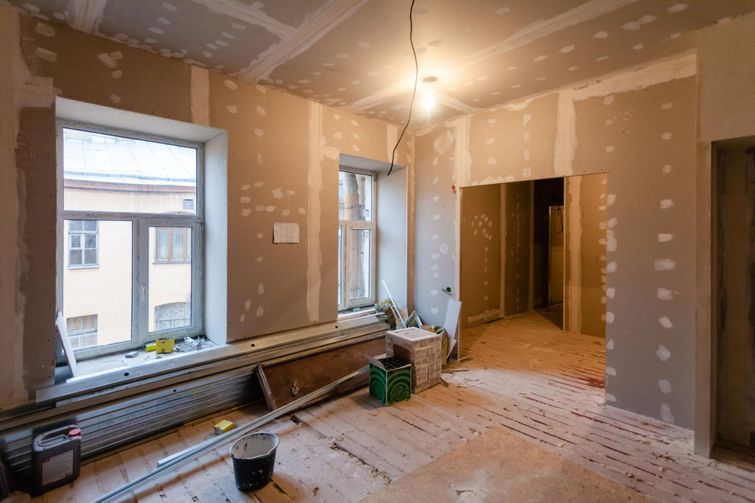
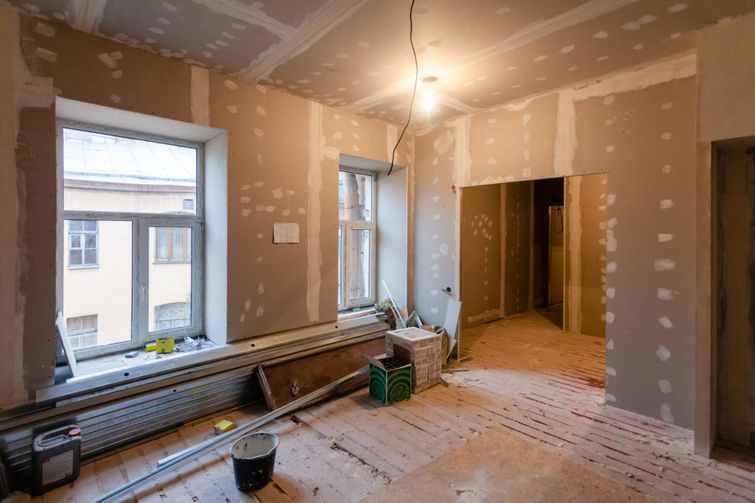
A minor renovation project is not applicable for this exemption.
In most circumstances, renovations or construction that would require an occupant to vacate the property will not take six months or more. If construction is ongoing for less than six months in the year, there must still be an occupant on the property for 6 months of the year to avoid paying the vacancy tax.
Properties for sale or recently transferred
If the property is empty solely because the property was listed for sale, it will not be exempt from the vacancy tax. However, if the property is sold and there is a transfer of legal ownership, it will not be eligible for the tax in the year that the sale took place. The proof of a change of legal ownership will be determined by proof of payment for the land transfer tax.
If your property is for sale during the period in which a property status declaration is due to be made for the previous tax year, it is the responsibility of the registered owner to declare the status before the sale is made.
Situations not eligible for exemption
Lack of a tenant
There is no exemption to the vacancy tax for a rental property if the owner claims they were unable to find a suitable tenant. In this case, the city would encourage you to lower the asking rental cost to attract tenants, or otherwise take actions to make the property more appealing.
Property is uninhabitable
Unless your property applies for other exemptions, you will not be exempt if it is unoccupied solely for the reason of being uninhabitable. Again, the responsibility is on you to make the property inhabitable, apply for reclassification, or to sell it, otherwise, you will be subject to the tax.
Vacant land, a heritage property, or properties that are part of a phased development are also exempt from the vacancy tax provided applications have been submitted to redevelop the land.
How property audits work
In some cases, the city chooses to go beyond the declarations and conduct an audit on select properties to determine the accuracy of their property status declarations. If you are audited you will be required to submit a collection of supporting documentation such as income tax returns, pay statements, or your driver’s license to prove the occupancy of your property. For most property holders who live in their homes as principal residences, an audit should be little cause for concern.
The city of Vancouver conducts audits on a horizontal basis. This means they audit as many as possible properties, rather than targeting fewer properties with more scrutiny. In 2020, about 4.8% of all properties were audited, or about 9,310 audits.
Of that 9,310, around 7.8% were found to be not in compliance and were deemed vacant and required to pay the empty homes tax. If you feel you were audited and issued a vacancy tax notice wrongfully, you have the option of issuing a notice of complaint and potentially having the notice reversed.
Scenarios that may complicate the audit process
The nonresidential use of residential property
It is possible that a property once zoned for residential use is now being used as a commercial property. In this case, you will still be required to declare the residential occupancy status of your property. This could very likely result in you having to pay the vacancy tax or being audited, as commercial tenancies are not considered for the empty homes tax. If this is your situation, it will be best to contact BC Assessment and request your property to be re-classified as a commercial property.
Use of an alternate mailing address
Another situation that can complicate your declaration is if the owner or property resident does not use it as their primary mailing address. It is not uncommon for people to use multiple different addresses, especially as most mail can be delivered digitally these days.
The issue is that when it comes time for an audit, the occupant’s address on file with various institutions may not line up with the property address. This could raise red flags with auditors and it is best to resolve this issue before an audit.
Unable to find documents from a former tenant
Even if your property should not otherwise be eligible to pay the vacancy tax, you may be in the situation where you get audited and are unable to prove your tenant status due to insufficient documents. Many of the documents requested by auditors such as government-issued IDs or income tax returns will not be available to the landowner directly.
If your tenant has already moved on and can not be contacted, or a tenant does not wish to offer documentation for privacy concerns, you may be out of luck. As the property owner, the best way to avoid this situation is to collect supporting documentation well in advance of the vacancy declaration, perhaps even upon signing the tenancy agreement.
Are there any Vancouver empty home tax loopholes?
The vacancy tax bylaw is pretty thorough in determining who is and who is not eligible. If you believe that you are being taxed wrongfully, you should file a complaint. In terms of loopholes, there is little advice we can offer. There are only a couple of ways that you can avoid having to pay the vacancy tax in Vancouver:
The first is to rent out your property to a tenant for more than six months of the year. The city technically can’t tax you for a vacant property if someone is living there. The added benefit of this method is that you actually make money by collecting rent from tenants. If you really can’t rent the property, consider making it your principal residence.
Your second option is to sell your property and no longer have to worry about keeping it occupied. The city of Vancouver has decided that homes are more valuable as places for people to live rather than as an unused investment asset. If you don’t agree with the city’s legislation, you may want to consider other real estate markets that do not have a vacancy tax for now or other investment avenues.
Is the vacancy tax working?
According to the city’s report “isolating the effect of a single policy like the EHT in a housing market as dynamic as that of the city of Vancouver is challenging. However, City staff have .”
Firstly, in each year since its introduction, the tax has made far more than the $2.5 million yearly operating costs and quickly made back the $7.5 million initial investment to implement the tax.
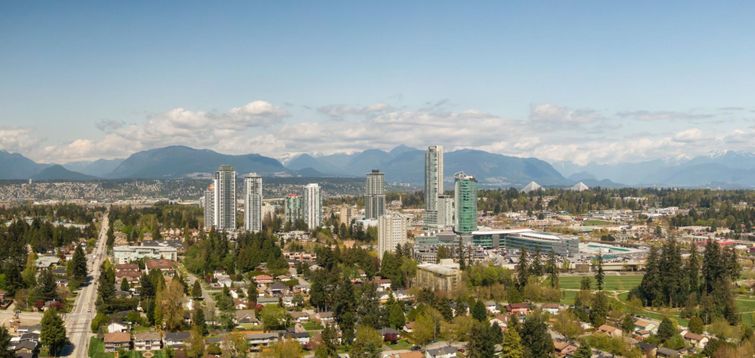
One positive trend for example is the decrease in revenue from the 2018 tax year to the 2019 tax year. While it means less money going towards housing initiatives, it is also the result of simply fewer vacant properties in the city of Vancouver, which is ultimately the goal of the program. 2019 saw over 1,800 fewer vacant properties than in 2017, and that’s after accounting for newly added stock in the market.
In fact, since the implementation of the tax, the city has seen year-over-year increases in tenanted properties. However, the city has also seen rental rates continue to rise, and vacancy rates remain very low. According to data received from the Canada Mortgage and Housing Corporation, the average rent in 2020 in Vancouver increased by 4.7%, and rent in vacant units was up to 20% more expensive than rents in occupied units. Clearly, though the vacancy tax is effective in some aspects, it has not been able to address all issues in the Vancouver market.
Corben joined CREW as a relative newcomer to the field of real estate and has since immersed himself and learned from the experts about everything there is to know on the topic. As a writer with CREW, Corben produces informative guides that answer the questions you need to know and reports on real estate and investment news developments across Canada. Corben lives in Guelph, Ontario with his partner and their two cats. Outside of work, he loves to cook, play music, and work on all kinds of creative projects. You can contact Corben at corben@crewmedia.ca or find him on Linkedin at https://www.linkedin.com/in/corbengrant/.


